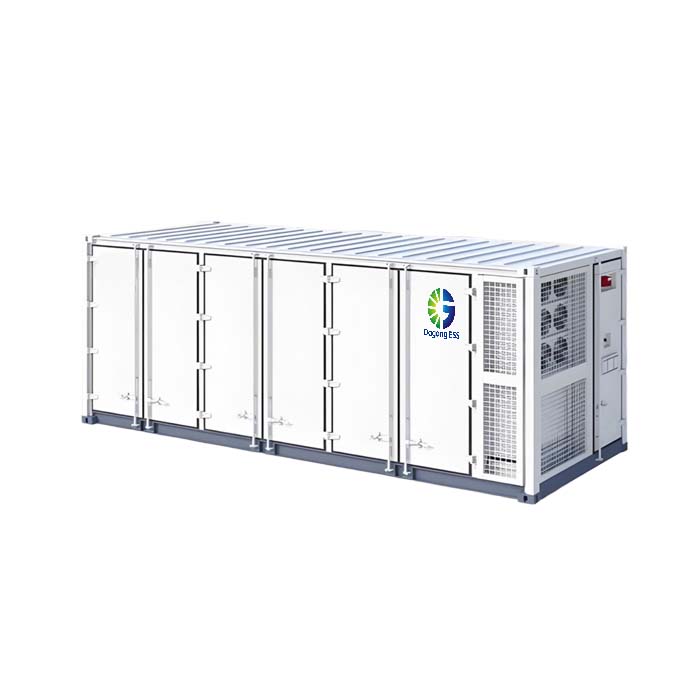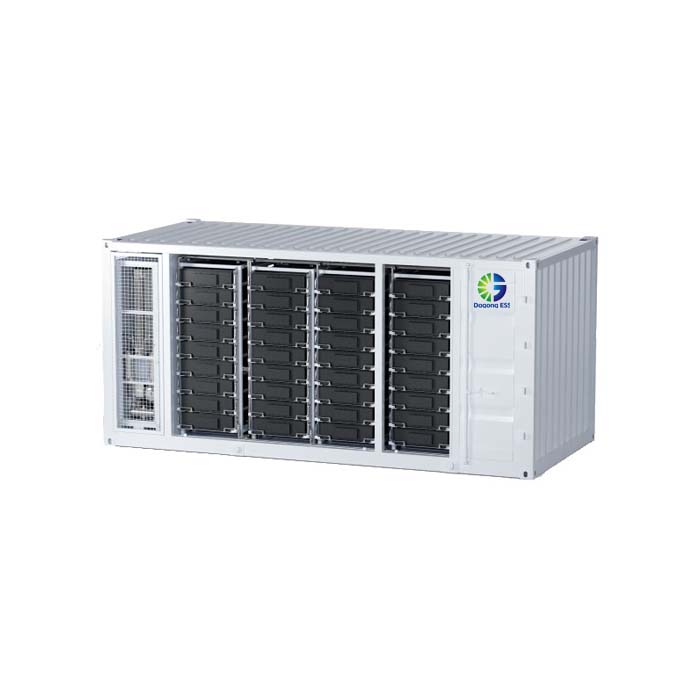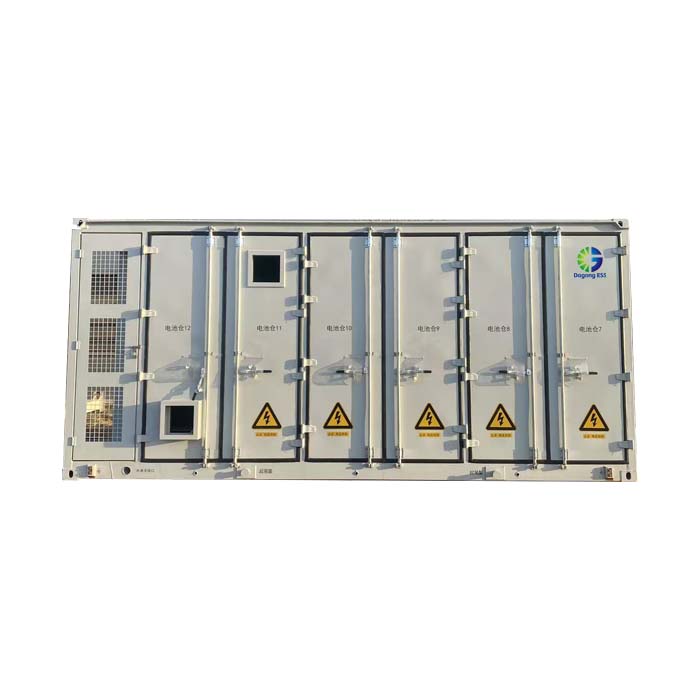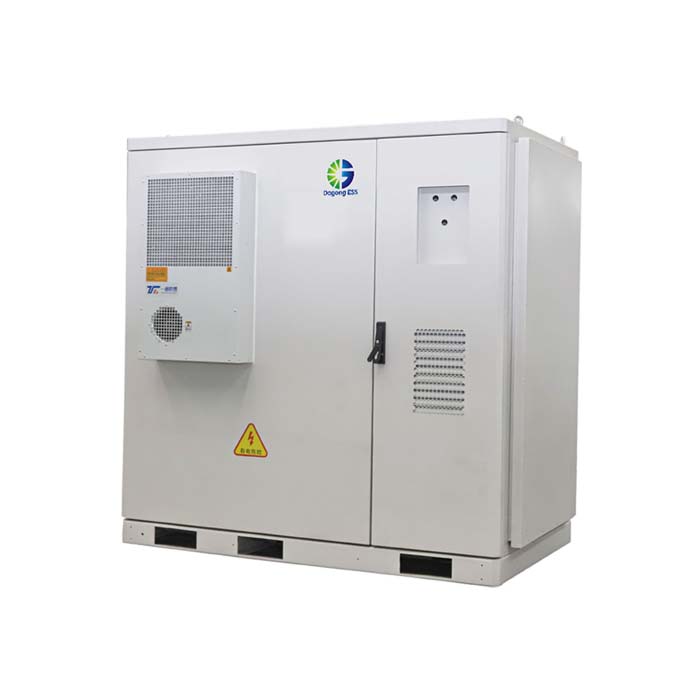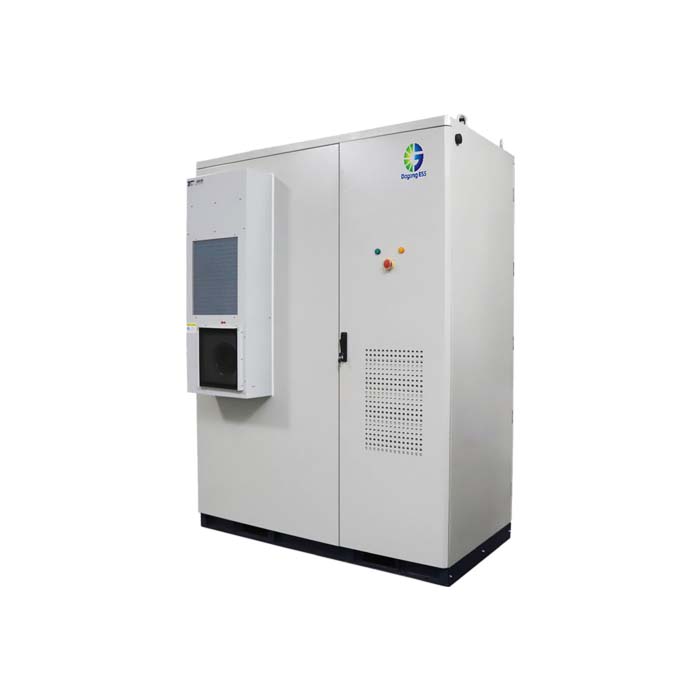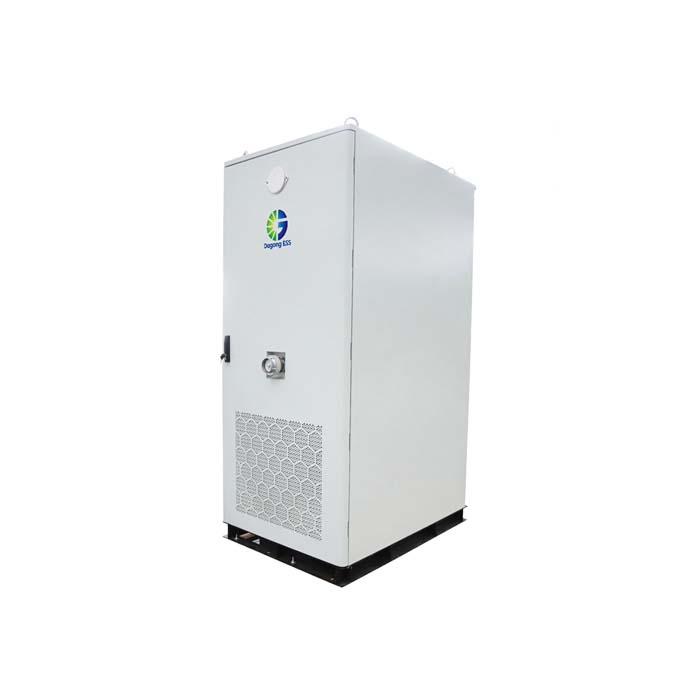Next-Generation Solid-State Batteries: Driving the Future of Energy Storage
Solid-state batteries are an emerging class of lithium batteries that replace liquid electrolytes with solid materials. They offer higher energy density, improved safety, and longer cycle life compared to conventional lithium-ion batteries. With solid electrolytes, these batteries can operate at higher voltages and faster charge-discharge rates, minimizing risks of leakage or thermal runaway.
Challenges for Solid-State Batteries
Recent advances tackle these issues:
Interface Adhesion: Innovative "iodine-based adhesives" fill microscopic gaps between the electrode and solid electrolyte, ensuring uniform contact and efficient ion transport.
Mechanical Flexibility: Polymer frameworks reinforce the electrolyte, enabling high resilience under bending or twisting, while chemical additives enhance lithium-ion mobility and storage capacity by up to 86%.
High-Voltage Stability: Fluorine-modified electrolytes create protective layers on the electrodes, preventing dielectric breakdown even under extreme temperature or needle-puncture tests.
Why Choose Solid-State Technology for Energy Storage?
The combination of high energy density and enhanced safety makes solid-state batteries ideal for energy storage systems:
Extended Operation: Higher gravimetric and volumetric energy density allows electric vehicles and large-scale storage units to operate longer between charges.
Enhanced Safety: Solid electrolytes eliminate liquid leakage risks and reduce fire hazards, making them suitable for residential, commercial, and grid applications.
Durability: Interface optimization and polymer reinforcement increase cycle life, lowering replacement and maintenance costs.
Applications of Energy Storage Systems with Solid-State Batteries
As solid-state batteries mature, they will power diverse energy storage scenarios:
Electric Vehicles (EVs): Overcome range limitations and enable faster charging.
Residential ESS: Compact and safe systems paired with rooftop PV for self-consumption.
Commercial & Industrial ESS: Peak shaving, load management, and improved energy efficiency.
Grid-Scale & Renewable Integration: Stabilize output from solar and wind power, enabling frequency and peak management.
Dagong ESS Products Showcase
Dagong ESS offers systems compatible with next-generation solid-state batteries:
5–80kWh Stackable Residential ESS: Modular, scalable for residential applications.
100–241kWh Air-Cooled ESS: Industrial and commercial storage with PV/grid integration.
215–372kWh Liquid-Cooled ESS: High power density for continuous heavy loads.
3.35–5MWh Container ESS: Large-scale grid storage and renewable integration solutions.
Frequently Asked Questions
Q1: When will solid-state batteries be widely available for energy storage?
A1: Solid-state batteries are expected to see commercial adoption in the near future, with applications expanding to EVs and energy storage systems.
Q2: Are solid-state batteries safer than conventional lithium-ion batteries?
A2: Yes, the solid electrolyte eliminates leakage and reduces thermal runaway risks, improving overall safety.
Q3: How much more energy can solid-state batteries store?
A3: Depending on design, they can achieve 30–50% higher energy density, extending EV range and storage duration.
Q4: Can existing ESS systems adopt solid-state batteries?
A4: Future ESS systems are being designed to be compatible with solid-state modules, enabling gradual integration.
If you are interested in next-generation energy storage solutions, please contact Dagong ESS, Email: sales@dagongess.com.


